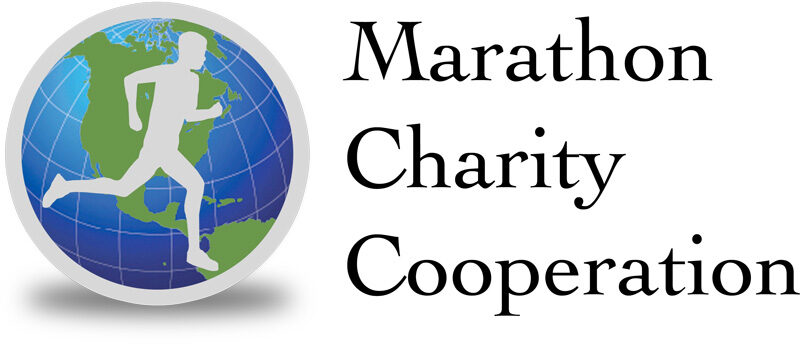By Susan Paul;
Published in Runners World
July 22, 2014
Hi Susan-
I’m training for my first marathon and I am confused about using different training paces for my runs. I just want to go out and run. Does pace really matter? Can you help me figure out what training paces I should be using?
Thank you!
Rebecca
Dear Rebecca-
The marathon is a very unique blend of different running components; it requires speed, strength, and endurance. The different training paces you see recommended for runs reflect each of these components. You will need some speed, some strength, and a lot of endurance to successfully complete your race.
Yes, you can “just go out and run” but you would be wise to incorporate runs that address these aspects of running to adequately prepare yourself for the demands of the marathon. Marathon training requires logging quite a few miles each week too, so by varying your training paces and mileage, you’ll not only improve the quality of your training, but you will also reduce the risk of injury or mental burnout.
Here are some general pace guidelines useful for first-time marathoners.
First, use a recent race time to predict your marathon time goal. A recent 5k time or, better yet, a recent half-marathon time can help predict your full marathon time. Typically, the longer the race, the more accurate the prediction will be. Keep in mind that prediction times are just that, a prediction, not a given. While not always accurate, they can help provide a guide to begin your training. Remember to always listen to your body and adjust training paces based on how you feel. If a run pace feels too hard, it is, so slow it down.
For an example of how to use a prediction time and pace calculator to determine training paces, let’s use a 5K time of 27:10. This 5K time predicts a marathon time of 4:20:33. Then use the pace calculator to determine the run pace, which is a 9:57-minute mile. Here are some training paces based on that time:
Speed- If you are doing intervals on a track (intervals of less than 1 mile; i.e. 1200’s or less), use 60 seconds per mile faster than your goal marathon pace, or an 8:57 minute mile pace. For Mile Repeats, use a time of 30 seconds per mile faster than your goal marathon pace, or a 9:27 min. mile.
Distance: Use this pace range of 30-60 seconds per mile faster than goal race pace for runs less than 6 miles.
Strength- Tempo or hill runs are also referred to as strength runs. For these types of runs, use a range of 30 seconds per mile faster than your goal marathon race pace to right AT your goal race pace. Per our example, this means a range of a 9:27-minute mile to a 9:57-minute mile for strength runs.
Distance: Use this pace of 30 seconds per mile faster than goal race pace to your goal race pace for runs of 10 miles or less.
Endurance- Endurance is gained through long runs as you increase distance in graduated increments. The recommended pace for long runs is typically slower than your goal marathon race pace, especially for runs over 14 miles. For your long runs, use a range of 30 to 60 seconds per mile slower than your goal race pace- the longer the run, the slower the pace. Using our example of a 4:20 marathon time goal, your long runs would be done between a 10:27-minute mile to a 10:57-minute mile.
Distance: For runs of 11 to 14 miles, try using 30 seconds slower than your goal race pace. For runs over 14 miles, use 60 seconds slower than goal pace.
Keep in mind that these recommended paces are for “ideal” weather conditions; heat and humidity are not factored in, so prepare to slow down if you are training in hot, humid conditions.
These pace ranges give you some variation to begin your training. After you complete your first marathon, you’ll know where you need to make adjustments in your training that are more specific and address your strengths and weaknesses.
All the best to you!
Susan Paul, MS
***
Susan Paul has coached more than 2,000 runners and is an exercise physiologist and program director for the Orlando Track Shack Foundation. For more information, visit www.trackshack.com.
